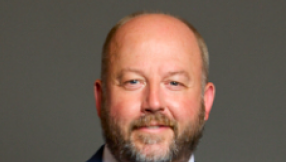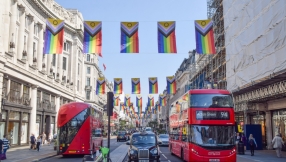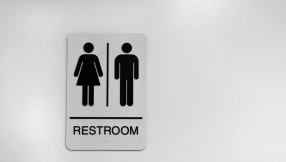Britons Attend Churches, Grapple for National Identity Towards Christmas
St. Paul's Cathedral and Canterbury Cathedral, among others, have had to turn people away and have added extra services to meet the demand, The State reports.
Social and religious analysts say the event of churchgoing has more to do with a desire for national identity than a religious awakening.
"It seems to me that there is in the UK at the moment a higher level of interest in Christianity, prompted by the national debate about multiculturalism and an increased awareness that many of our fellow citizens feel passionately about another religion - Islam," said Jill Kirby, a policy analyst at the Centre for Policy Studies, a conservative-leaning research group.
People want to be reassured, she said, and they want to identify more closely with their own religious norms and traditions.
Gillian Evans, an expert on religion at Cambridge University, said
church attendance during the Christmas season "goes deep into a cultural sense of identity".
Queen Elizabeth II, as the monarch, has the constitutional title of "Supreme Governor" of the Church of England. The Church, which split with the Roman Catholic Church in 1534 during the reign of King Henry VIII, has been an integral part of Britain's culture and history.
According to Evans, more parents might take their children to church at Christmas to counter the falloff in teaching about the Christian faith in schools as more attention is paid to a wide range of faiths. Britain's population of 60 million includes a fast-growing minority of Muslims - as many as 2 million - as well as Hindus, Sikhs and others.
Since year 2000, the number of worshippers attending events in cathedrals on Christmas Eve and Christmas Day has grown by more than 25 per cent, research groups report.
But the trend toward Christmas churchgoing runs counter to what is happening the rest of the year in Europe.
Although some 72 per cent of Britons described themselves as Christian in the 2001 census, only about 6.3 per cent go to church on any given Sunday, down from 7.5 per cent in 1998, according to Christian Research.













